Animal life in the Pacific coast area of Jacó turned around completely in 1998 with the arrival of Katja Bader. Spay and neuter campaigns, health checks, educational programs in the schools, and highway signs urging drivers to go slow and brake for wildlife are a few of the things Bader has organized in the 20 years she has lived here.
Bader comes from Warsaw, Poland but spent many years living in Germany and her only prior experience helping animals was as a weekend volunteer at a shelter. She was on her way to Ecuador to work in a kids’ project; when that didn’t pan out, she came to Costa Rica.
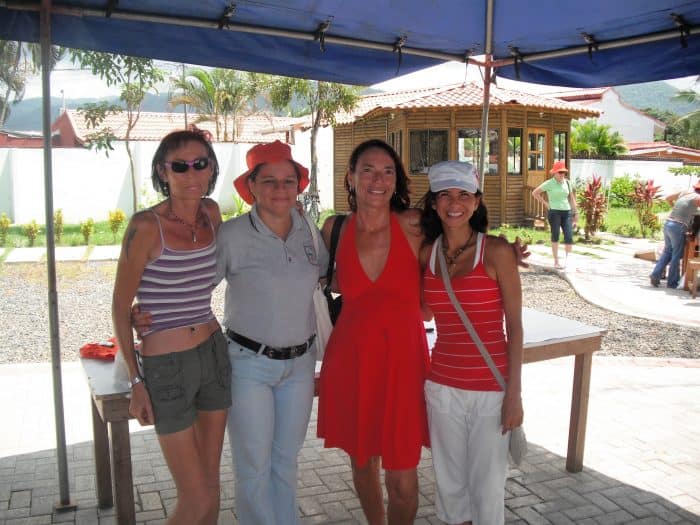
Just seeing all the dogs in the streets spurred her into helping.
“Females in heat, males following, fighting, getting hit by cars, and no veterinarian in the area,” she says, remembering the challenges. She and a few friends began by feeding dogs and then decided to get them spayed, one by one. But because so many of the dogs were in poor health and under-nourished, the first two died. “We were so discouraged,” she said.
Then she met Bruno. Bruno was hit by a car and badly injured and Bader took him in, driving him to a veterinarian in the central valley. That is where she met Christine Crawford, who introduced her to the McKee spay and neuter program – a method of operating with a small incision that makes it easier to operate and for the animals to recover. Bader and her friends named their new group Asociación Pro Bienestar Animal, but it is usually refered to as McKee Jacó. Bruno, who is actually a founder of APPA, recently died at the age of 15.
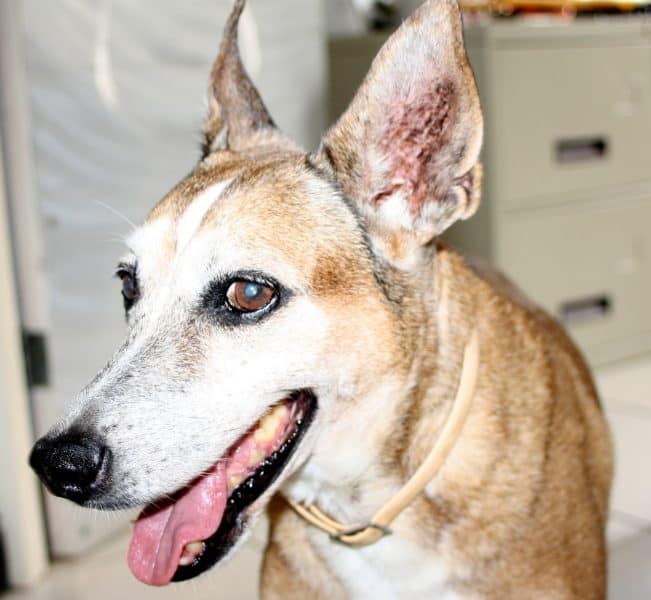
The next big break came when veterinarian Sergio Brenes moved into the area. His specialty was small animals, and Bader, with a small band of volunteers began holding spay-neuter campaigns. They continue holding campaigns wherever there is a space.
“We’ve had campaigns in a funeral home, a church, a school. We’ve had campaigns in Barranca, where the people sometimes have only a few hundred colons to spare but want their dogs and cats to be healthy and live better. We average about 1,000 operations a year.”
Sometimes they deal with unusual cases. Hurricane Nate caused bad weather and flooding in nearby Parrita and doña Gaby’s little neighborhood store was hit hard. So were the 19 dogs she keeps and the 62 homeless cats she feeds. But McKee came to the rescue, sending out a call for food, medicine, blankets, kitchen supplies, money, whatever. And people responded. They were able to spay and neuter all the animals except for a few who were very old, and provide health care and food for all plus help doña Gaby get back on her feet.
“It looked like an impossible task, but we did it,” says Bader.
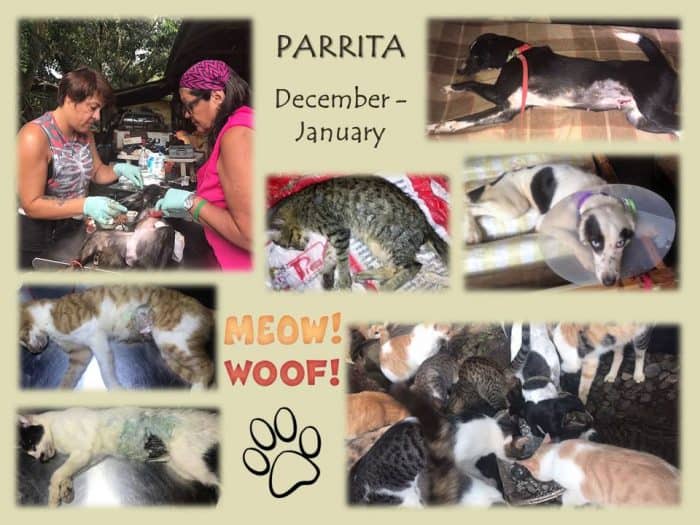
Education programs are important. Sharing the World with Animals is a program designed for schools to show children the importance of having animals around. This program reaches about 1,200 children a year. Special events during each year are fun and teach animal awareness: he Golden Paw award is given to someone who has shown love and responsibility toward animals.
A pet festival brings out dogs and owners to show off tricks. Brochures provide information on health and caring.
“Education is a key element in ensuring that animals receive the respect they so need and deserve,” agrees Bader.
A rescue and adoption program is also a part of McKee’s plans.
“We don’t have a shelter, but we don’t give up,” says Bader. “With help from supporters we find homes for 500 animals each year.” There is also a ‘foster’ program for those who cannot take in animals but will sponsor one with funding.
Wildlife enjoys better living conditions, too, as Bader and her group came up with a project to prevent the deaths of thousands of wild animals, monkeys, jaguars, and ocelots from being hit by cars and left to die on roadsides. First there were the “I Brake for Animals” bumper stickers to alert drivers. Then came pet-friendly T shirts and a campaign with taxi drivers to promote pet friendly driving.
Brightly colored highway signs, designed by artist Ailene Cubero, remind drivers to slow down and be cautious in areas around national parks and forests.
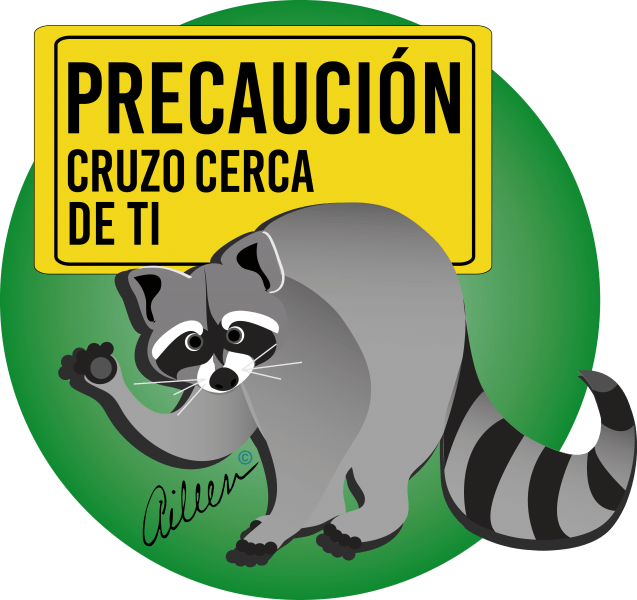
It’s incredible what has all come about from one woman’s efforts, but Bader shares the credit with her volunteers and veterinarians who have helped by giving time, funding and foster homes to make life better for animals. The list of volunteers, businesses and organizations that have helped is too long to list but all have endured the long hours, the suffering, bad weather conditions and the discomfort of driving miles with animals in the car to make the Jacó area a better place to live, for people and pets.
Learn more about McKee Jacó here.
Disclaimer: The Costa Rica USA Foundation for Cooperation (CRUSA) and Amigos of Costa Rica sponsor the Tico Times Changemakers Section to provide a space for stories and information about philanthropic work in Costa Rica. CRUSA and Amigos do not endorse any of the organizations, individuals, fundraising solicitations or opinions shared in this space unless otherwise stated.
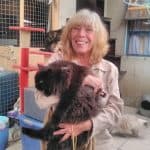 Mitzi Stark graduated from the University of Wisconsin in Milwaukee with studies in social work and journalism. A longtime Tico Times contributor, she came to Costa Rica years ago for a change of pace and still live on a coffee farm near Alajuela. She’s also a volunteer helping transporting cats and dogs to spay-neuter campaigns in the Alajuela area and once had 8 cats, 2 dogs and 5 people in her old Land Cruiser.
Mitzi Stark graduated from the University of Wisconsin in Milwaukee with studies in social work and journalism. A longtime Tico Times contributor, she came to Costa Rica years ago for a change of pace and still live on a coffee farm near Alajuela. She’s also a volunteer helping transporting cats and dogs to spay-neuter campaigns in the Alajuela area and once had 8 cats, 2 dogs and 5 people in her old Land Cruiser.






